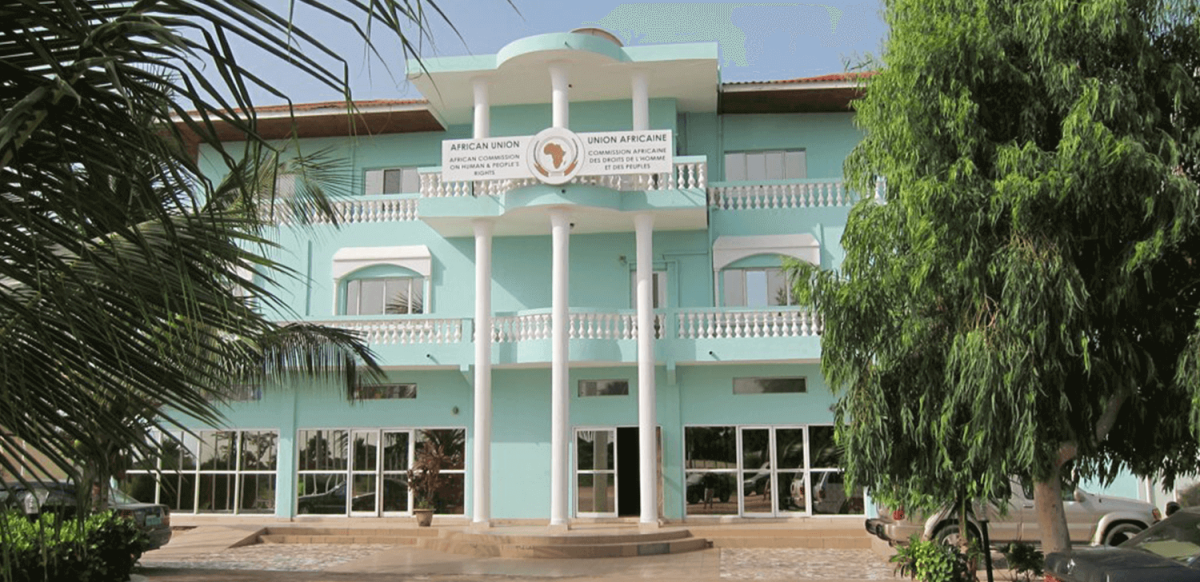In a landmark decision adopted in 2024 and disclosed in April 2025 in Communication No. 700/18 dealing with the Minova case v. Democratic Republic of Congo (only available in French), the African Commission on Human and Peoples’ Rights (“the Commission”) concluded to the responsibility of the DRC in the grave and massive violations of rights of more than 1000 civilians, most of them being women and girls, committed by its army between 2012 and 2013 when fleeing the “Mouvement du 23 mars” (M23). These violations perpetrated in Minova and surroundings (Eastern DRC) covered a wide range of “barbaric acts” (para. 125), such as rapes, including gang rapes, killings, destruction of property and homes, illegal occupation of lands, and extorsion of property. The military forces, comprising up to 8,000 soldiers, were directly involved in these violations; however, most of the perpetrators were acquitted at the domestic level by a military court.
African Commission on Human and People's Rights
The Mauritius Oil Spill: Using Africa’s ‘judicial environmentalism’ as an avenue for redress?
Since the MV Wakashio ship ran aground on 25 July this year, Mauritius has been facing an unfolding human and environmental disaster. Up to 100,000 Mauritians took to the streets in late August to protest against the State’s handling of the disaster, one of the largest protests in the country in over 40 years. In this…
Two Times Too Many: Botswana and the Death Penalty
Without wanting to trivialise the hard work needed to litigate human rights cases, it is often implementation that is considered the pinnacle of achievement. Put simply, it is one thing to convince a commission or court that a countries’ policies or actions contravene a human rights instrument, it is quite another for that country to implement the decision.
